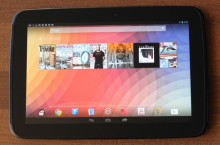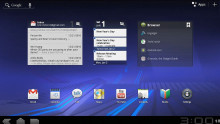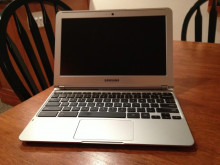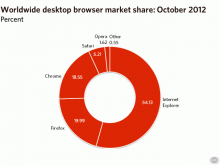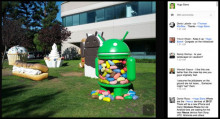Review: Nexus 10 tablet is a solid house built on shifting sands
One of the reasons we liked the Nexus 7 so much was that it felt like a 7-inch tablet done right. Neither the form factor nor the $199 price point were new—Samsung, Amazon, Barnes & Noble, and others were all pushing 7-inch Android tablets—but the ASUS-Google joint was the first whose hardware, software, and price came together to make a convincing case for a smaller tablet.














































